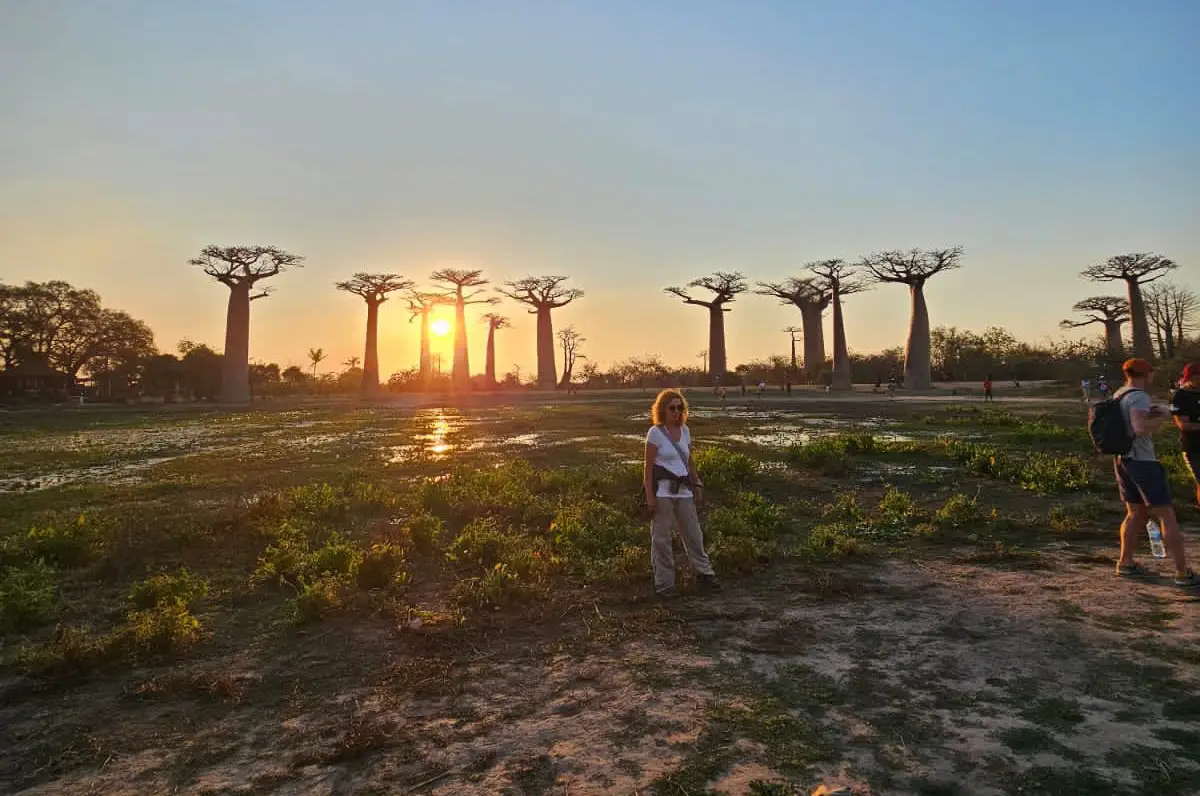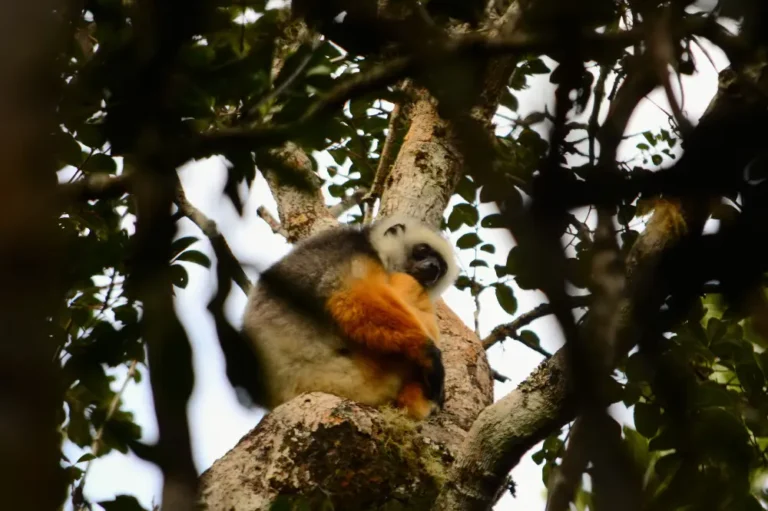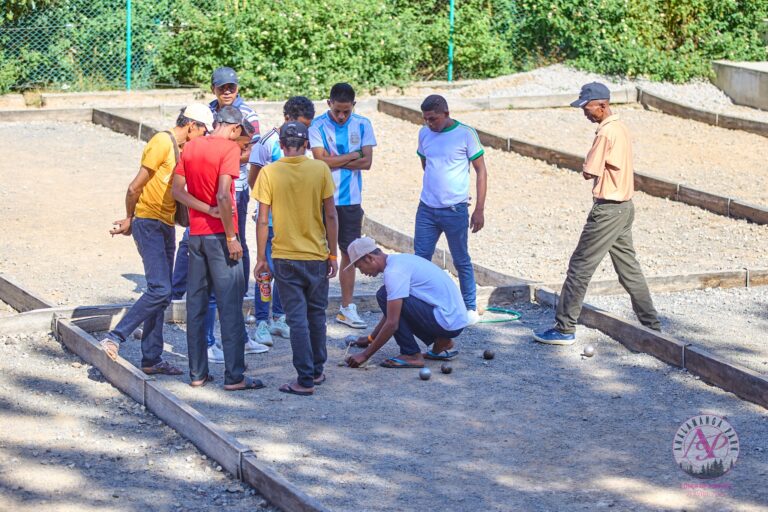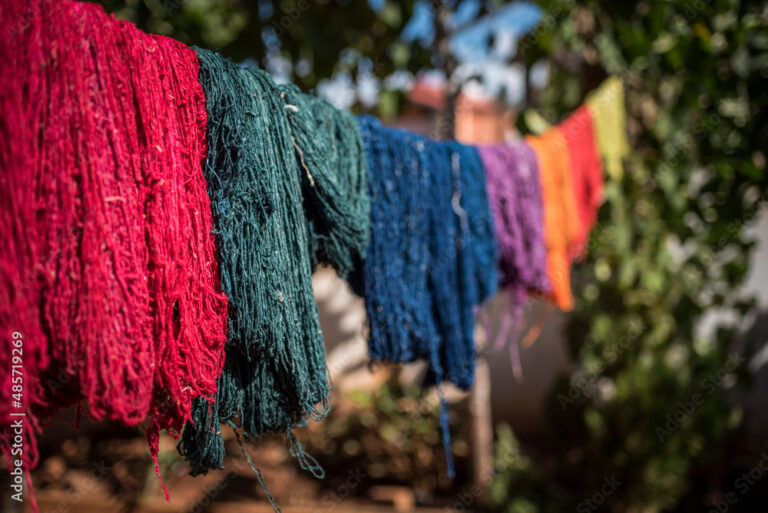Located on the west coast of Madagascar, not far from the town of Morondava, Zazamalala Reserve is an exemplary conservation project. It is actively involved in protecting the dry deciduous forest, one of the most threatened ecosystems in the world, while also playing an important role in environmental education and local development.
Founded in 2000, the reserve aims to restore and preserve the dry forests of western Madagascar, which have been severely degraded by deforestation and human activity. It is home to remarkable biodiversity, including many rare and endemic species.
Wildlife found in Zazamalala
| Category | Species Present |
| Lemurs | 11 species, including: ring-tailed lemur, collared lemur, Verreaux’s sifaka, white-fronted lemur, red-fronted lemur |
| Snakes | 14 different species |
| Chameleons | 5 species, including the giant Oustalet’s chameleon |
| Tortoises | Critically endangered flat-tailed tortoise, Madagascar big-headed turtle |
| Common Birds | Large colonies of herons and egrets |
| Endangered Birds | Sakalava rail, sacred ibis |
| Other | Crocodiles |
The reserve also features an exceptional botanical garden that attracts both nature lovers and researchers.
Flora in the Botanical Garden
| Category | Description |
| Original dry forest | Typical vegetation of Madagascar’s western deciduous forest |
| Southern spiny forest | Large collection of species from southern Madagascar |
| Palms | Around 100 different species |
| Trees, shrubs, lianas | Numerous endemic species |
| Orchids | A wide variety of rare and endemic Malagasy orchids |
The reserve hosts guided tours, including night walks to observe nocturnal wildlife, as well as cultural workshops. These activities allow visitors to explore Madagascar’s natural treasures while supporting sustainable ecotourism. By working closely with surrounding communities, Zazamalala creates jobs, supports local education, and promotes environmentally friendly practices.
Easily accessible from Morondava, the reserve is ideal for travelers seeking a meaningful and responsible experience. Guests can even stay overnight: the visitor center provides simple yet comfortable accommodation in the heart of nature. This immersive experience enables forest hikes, wildlife observation by day and night, and participation in community activities. The warm welcome from the founders and the authentic atmosphere make the stay unforgettable, even if the facilities are intentionally basic.






